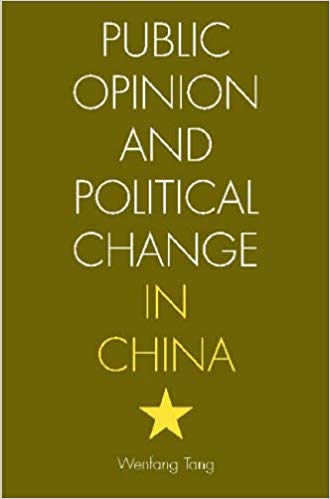
| Poor | Very Good | Mint |
|---|---|---|
| £ 0.95 | £ 9.87 | £ 19.56 |
Description
This book describes through case studies how various factors, such as the single-party political system, traditional culture, market reform, and industrialization, shape public opinion and mass political behavior in urban China. Case studies focus on the process of conducting public opinion polls in China's political environment, regime legitimacy and reform support, media control and censorship, interpersonal trust and democratization, mass political participation, labor relations and trade unions, and the role of intellectuals in political change. The book draws most of its empirical evidence from twelve Chinese public opinion surveys conducted between the late 1980s and the late 1990s.
The same questions repeated in many of these surveys provide a rare opportunity to examine the changing pattern of the Chinese public mind during this period. The book ends with the provocative conclusion that China's authoritarian political system proved to be less effective than traditional culture, marketization, and industrialization in shaping public opinion and mass political behavior. Liberal ideas and bottom-up political participation can emerge even in the absence of direct elections.
0 Songs
